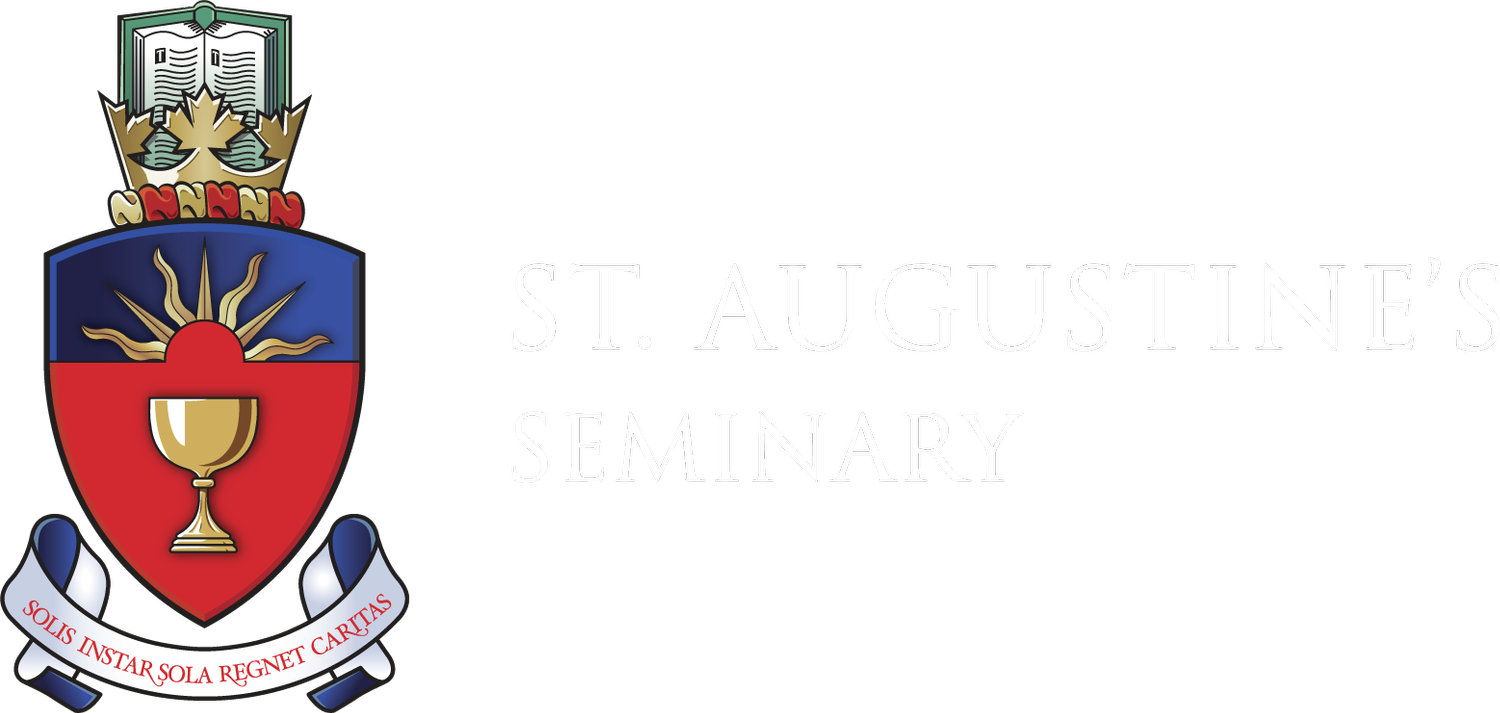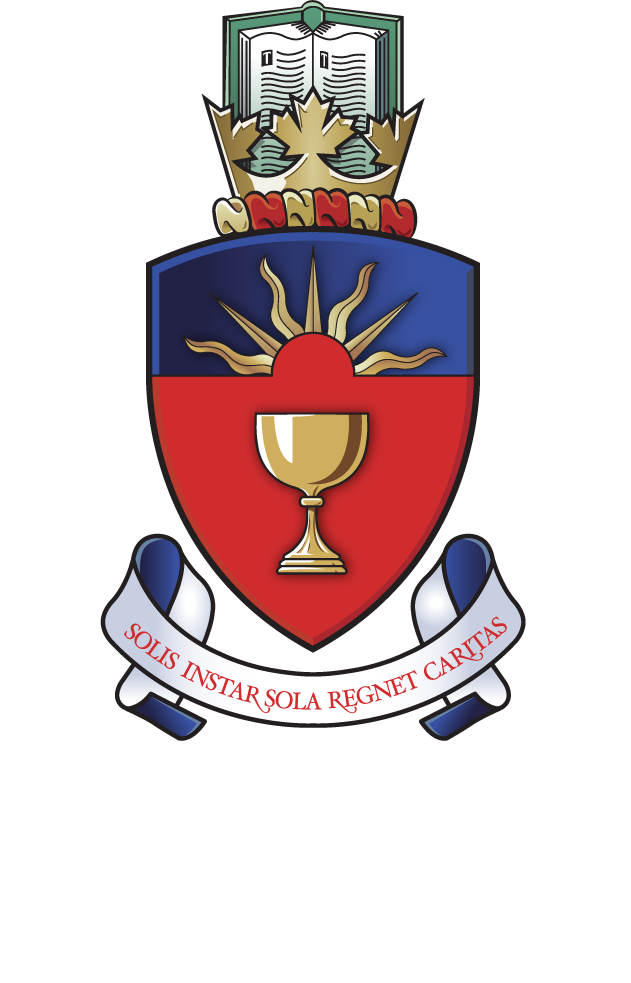Conjoint Certificate in Theology and Interreligious Engagement (C.T.I.E.) - Post-Baccalaureate
Admission Requirements
A university undergraduate degree or its equivalent from an accredited institution, with adequate standing (normally at least B- standing in their final year).
Complete academic application and official transcripts from all post- secondary education [as noted in the Academic Admissions section].
The Post-Baccalaureate Conjoint Certificate in Theological Studies is intended to provide university graduates with a general university-level foundation in Christian studies. It requires seven semester courses (3.5 FCE) and can be taken on a full-time or part-time basis.
Starting September 2025, students can complete this program entirely online.
The Post-Baccalaureate Conjoint Certificate in Theology and Interreligious Engagement is intended to provide university graduates with a means to understand and to appreciate religious diversity and to explore practices of fruitful dialogue between religious differences in the academy (through research) and in ministry and spiritual leadership contexts.
Meaning of “Post-Baccalaureate”
Basic degree programs operate on the assumption that students have already completed at least a first post-secondary degree program in which they have developed their skills of research, thinking, and oral and written communication.
Number of Courses to be Taken
The Certificate requires seven courses (7 X 0.5 FCE) in Christian studies.
Distribution of Courses
Focus of study will be on Christianity and two other religions through texts and histories, spiritualities and practices and theologies and theories of religion. It requires seven semester courses (3.5 FCE) and can be taken on a full-time or part-time basis.
Course selections must explore 3 religions, one of which must be Christianity. Students must take a minimum of 1 course in each of the 3 religions. A least 1 course in which the outcomes specifically include practices of inter-religious engagement. Students should consult with their Academic Advisor as to appropriate courses. The Academic Advisor for this certificate is the Registrar.
See requirement chart below for details.
Where students enter with some previous coursework in theological or religious studies, their academic adviser may waive a requirement in favour of a substitute course.
Students in the certificate program are not permitted to take graduate-level courses (numbered in the 5000s and 6000s).
Non-Course Requirements
The conjoint Certificate can be earned through coursework alone.
The conjoint Certificate does not require full-time residency. It is intended to be flexible and accessible to students in full-time employment.
It does not require field placements, as it is not a professional certification.
It does not require comprehensive or summative exams.
It does not require extracurricular commitments.
It does not have formative expectations.
Time to Completion
Full-time students will be able to complete all requirements within two semesters. A full-time course load is five (0.5 FCE) courses a semester. The certificate must be completed within four academic years of first registration.
Students are required to take a minimum of 1 course (0.5 FCE) each Fall and Winter semester. Students are required to be registered in consecutive academic years until completion (a maximum of four years), with the exception of approved Leaves of Absence.
Post-Baccalaureate Certificate Requirement Chart
| Category | Requirement Completed |
|---|---|
| Theology Course [1000 Level: specifically, Foundations of Theology for those with no previous background] |
|
| One course from Texts and Histories | |
| One course from Spiritualities and Practices | |
| One course from Theologies and Theories of Religion | |
| Theology Course [1000 Level] | |
| Theology Course [2000/3000 Level] | |
| Theology Course [2000/3000 Level] |
Common TST Learning Outcomes for Conjoint Post-Baccalaureate Certificates
(See Appendix III of the TST Basic Degree Handbook for details.)
Depth and Breadth of Knowledge
Breadth. Students will develop a foundational academic understanding, of the Christian heritage, including its scriptures; history; theological themes, issues, and disputes; and cultural contexts. They will be aware of current issues in global Christian thought, life, and practice.
Depth. Students will develop skills to undertake sound independent original research in theological studies.Research and Scholarship
Students will be able to:use library and information resources in order to identify authoritative primary sources and relevant secondary sources for the study of the Christian religious heritage;
apply techniques of enquiry, interpretation, analysis, and construction to these sources in order to test premises and perspectives and to acquire knowledge;
evaluate current research and interpretation in the study of Scripture, theology, and the history of Christianity, and compare it with established understandings;
report research systematically and intelligibly and develop and support a sustained argument in written form.
Application of knowledge
Students will be able to review, present, and interpret information, and construct theological knowledge, in the light of some of the significant theories, concepts and methods of representative sub-fields of Theological Studies.Communication skills
Students will function effectively and collegially in their school community both inside and outside the classroom. They will be able both to appreciate the differing views of others and to convey and support their own views clearly both verbally and in writing.Awareness of the limits of knowledge
Students will be able to appreciate the differing views of others. They will recognize ways in which varied expressions of Christian belief and practice are shaped by cultural contexts. They will recognize the uncertainties inherent in both faith-based and non-confessional academic interpretations of Scripture and Christian teaching.Autonomy and professional capacity
Students will function effectively and collegially in their school community both inside and outside the classroom. Theological education builds on the academic foundations of first-entry baccalaureate study. Students will bring to their theological studies the insights of the humanities, the social sciences, the arts, and the natural sciences.

